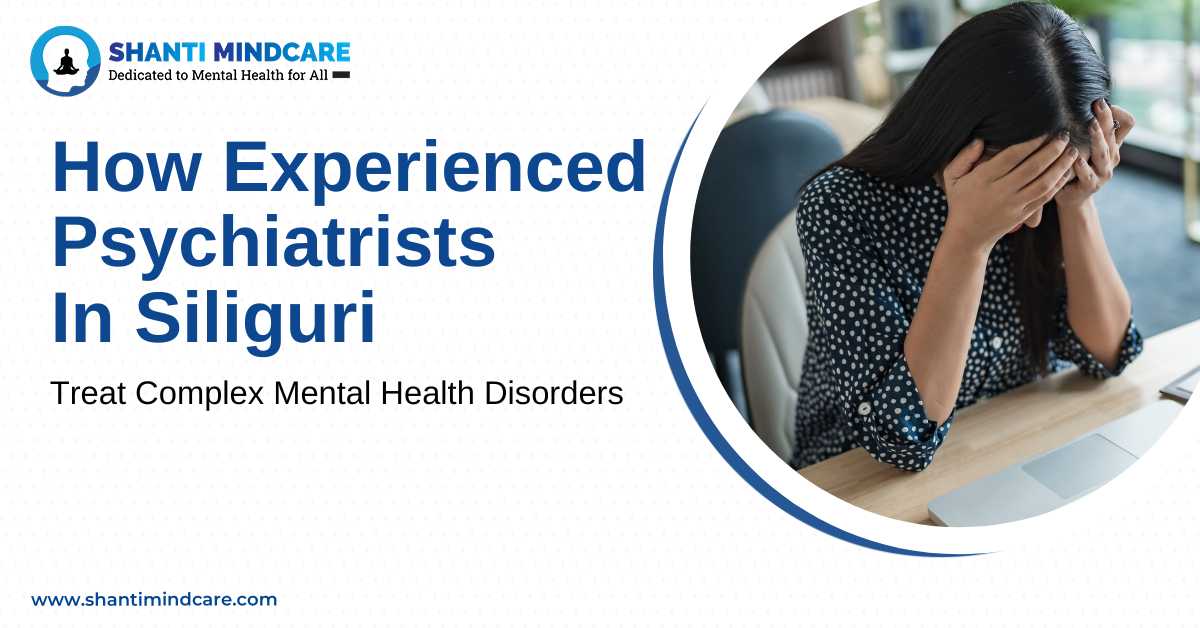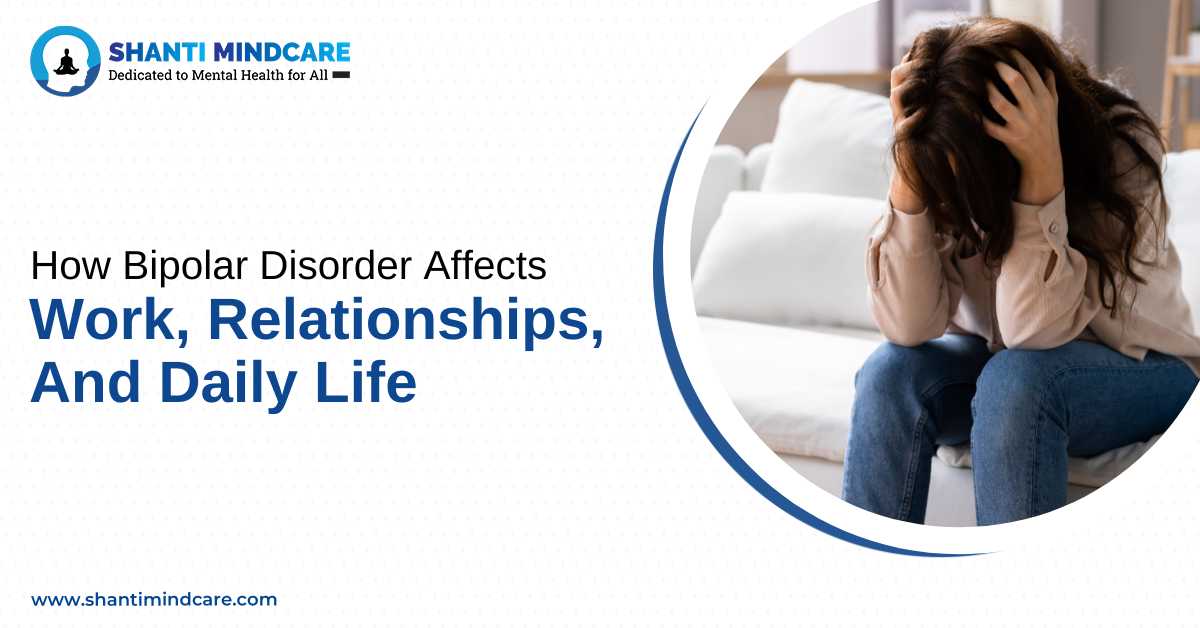Mental illnesses are health issues that affect how one thinks, behaves, and perceives. A mental health disorder is more than just having normal day-to-day stress or feeling sad.
When the feeling of sadness, low mood, anxiety, fear, or hopelessness persists and affects the quality of life, it is known as a mental condition. You can see the best psychiatrist in Siliguri city for expert support.
An untreated mental illness can make your daily life challenging.Miserable, such as at school,or work. Mental health conditions can make relationships suffer.
Medical attention can save one’s wellness. To manage such a condition, a psychiatrist may prescribemedication, and lifestyle changes may be in combination with talk therapy (psychotherapy). Visit the top psychiatrists doctor in Siliguri to get compressive guidance.
Understanding the Different Types of Mental Illnesses
Each type of mental illness has its unique features. Here are some of the most common mental illnesses to know about and ask for medical help:
Anxiety Disorders
- Anxiety disorders cause excessive or uncontrollable fear or worry, including several types:
- Generalized anxiety disorder (GAD) is when one has ongoing and excessive worry about various aspects of his/her life.
- Panic disorder is recurrent panic attacks marked by intense fear.
- Social anxiety disorder means excessive fear of social situations, such as being criticized by others.
- Specific phobias cause people to have an intense fear of a specific object, person, or situation.
Mood Disorders
- Mood disorders impair a person’s emotional state/ mood, leading to intense emotional ups and downs. There are the two most common types of mood disorders, including:
- Major depressive disorderorclinical depressionis a feeling of hopelessness, sadness, lowmood, loss of interest in life, social withdrawal, etc. that doesn’t heal with time.
- Bipolar disorder is a mental disorder that causes extreme mood swings in a periodic manner.In bipolar disorder, a person will experience emotional highs (mania) and emotional lows (depression). Consult the best psychiatrist in Siliguri city for all types of mental conditions.
Psychotic Disorders
- Psychotic disorders cause people to disconnect from reality, affecting the mind.
- Schizophrenia is the most common psychotic disorder severe disorder, causing severe delusions, hallucinations, and altered thinking and behavior.
- Delusional disorder is when one has a false belief (delusion).
- The substance-induced psychotic disorder occurs when one abuse drugs or during drug withdrawal, such as crack cocaine.
- Psychotic disorders caused by a medical condition such as a brain tumor or head injury can lead to delusions, hallucinations, etc.
Eating Disorders
- Eating disorders mean havinga preoccupation with food, body weight, and shape, including:
- Anorexia nervosamakes one build excessive restriction of food intake leading to significant weight loss, which can damage organs.
- Bulimia nervosa is a medical condition that leads to binge eating followed by purging/ vomiting.
- The binge-eating disorder causes ongoing episodes of eating large quantities of food without purging or such type of behaviors.
Personality Disorders
- Personality disorders mean having long-term disruptive patterns of thinking, mood, behavior, and thinking. The types here include:
- Borderline personality disorder causes difficulty with emotional health or moods, behavior, and self-image.
- Antisocial personality disorder causes a lack of respect for people around, which makes one break rules, cause emotional/ physical harm, etc.
- Paranoid personality disorder causes paranoia, which makes people believe that others may harm them or threaten them.
- Dependent personality disorder leads to too much or frequent need to be assisted by someone else. This personality disorder leads to submissiveness.
- Obsessive-compulsive personality disorder is when one needs to put things in order or do things with excessive or unusual orderliness.
Treatment or expert advice is a must. Psychiatrists will ensure in-depth diagnosis and personalized mental health care, such as medications, psychotherapy, lifestyle changes, rehab care, drug detox, and more.






